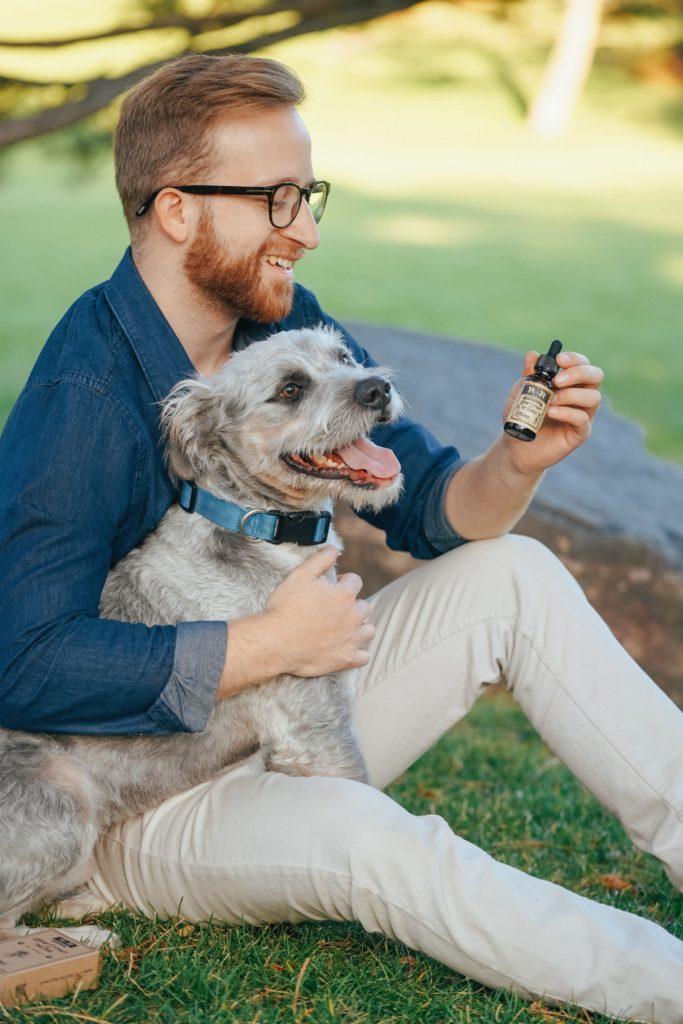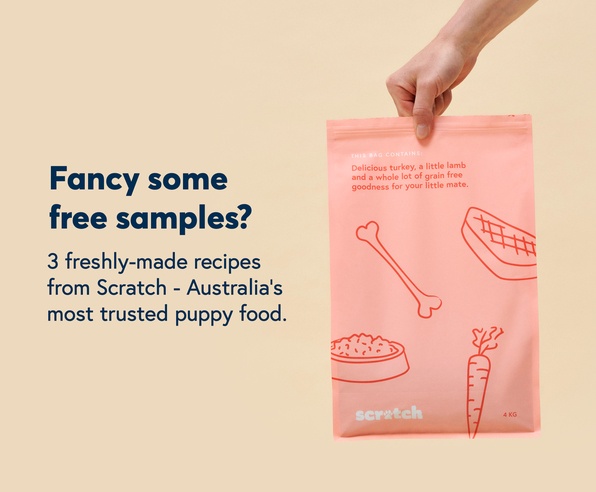Wellness is big business. The Global Wellness Institute estimates that the global industry is now worth $4.2 trillion. Being a famously murky term, wellness can span everything from crystals, to smart technology, and bottled water. As it expands into all areas of our lives, it’s not surprising it has reached dogs too.
Dog Wellness
As with humans, dog wellness takes many forms. Increasingly mainstream vets offer wellness plans alongside food and exercise advice. While many cities are witnessing the rise of dog wellness centres, massage services, boutique publications, and even boot camp fitness programs. For the most part, “wellness” is just referring to a more rounded approach to health.
When animal health care providers boast wellness services they’re really talking about more traditional services like grooming, diet and exercise planning, chronic pain management, or physio and hydrotherapy. Beyond being good marketing, this re-brand is also a smart way to re-engage pet owners in services they might sometimes skip. Remembering to take your dog in for a clip isn’t very exciting. But present the experience as “dog self-care” and maybe it’ll stick in people’s minds.
But dog wellness is also extending into less familiar areas. Like so many changing owner behaviours, it’s a reflection of our evolving feelings about the animals we share our lives with. According to a Mintel Report 95% of pet owners consider their animals to be part of their family, with almost half seeing them as their children. But the more we think about them, the more we worry. Our expectations for a healthy dog have moved past a shiny coat and wet nose. We want them to have the best life possible.

Our growing broader interest in dog health is a reflection of that. Vet care isn’t just about illness and emergencies, now it also takes mental health and overall quality of life into consideration. Sadly, this is driven further by legitimate growing health concerns. In the US (where most surveys of this type are focused) it’s estimated that 56% of dogs are overweight or obese. Those weight issues are creating other health problems. Since 2011 there has been a staggering 911% increase in diabetes in cats and dogs.
Ironically, while we’re paying more attention to our pets, we might also be inadvertently causing some of their problems. Our pets are picking up bad lifestyle habits from us. As we exercise less, spend time indoors, stress more, and eat badly, so do they. So it makes sense that the efforts to fix our lifestyle without “fixing” our lifestyle would include them too.
Many of the major movements in pet wellness are straight dupes of human trends: CBD, personalised delivered meal plans, herbal supplements, probiotics, vegan food, smart and wearable tech that track everything from sleep to licking and scratching, and acupuncture are already familiar. This tenancy to extending our own tastes and choices to our dogs is called “humanification”. Not only is it driving the pet wellness industry, but it’s a major part of our general spending habits. The pet market in the US is worth over US$72 billion, and 40% of that is estimated to be directed at the humanification of pet food alone.
Is Dog Wellness Worth the Money?
Just because wellness is an industry fuelled by our anxieties doesn’t mean that it doesn’t have a place in our lives. In many cases, wellness products are offering alternatives to services and products that are falling short. The huge boom in wellness foods is largely in response to legitimate concerns over commercial dog food. In most countries the pet food industry is highly unregulated. As a result in 2019 there were dozens of pet food recalls around the world when brands provided products that made animals sick and in some cases killed them.
Most wellness brands also aren’t regulated, but they tend to be smaller and much more transparent with their customers. This makes it easier for owners to do their own independent research and engage directly with the people making their dog’s food.
The Dark Side of Dog Wellness
Most of the time, the animal wellness industry offers needed alternatives to existing products, engages people with their pet’s health, and is a lot of fun. But in some areas it does raise legitimate concerns; especially when it’s pushing products like vitamins and supplements that haven’t face extensive independent testing for pets and can be dangerous in the wrong doses.
Also, like with humans, issues arise when wellness products take the place of vital medical treatments like vaccines. Vets have warned against replacing things like heartworm treatments with natural alternatives, but the market is still flooded with untested homeopathy options.

A Place for Wellness
Wellness, when seen as an extension of our love for our dogs, is great. It’s an avenue to think more deeply about how our pets feel and how we care for them. If you can afford to get your dog a massage and your pet is into it, great! Think of it as another way to spoil them (that conveniently doesn’t involve plying them with treats and possibly aggravating pet obesity levels). But it should be explored in addition to your existing, vet-based, health care routine–not as an alternative to it.
For more deep dives into dog trends:
Can Dogs Be Vegan?
Are CBD Dog Products Safe, Legal, And Worth the Hype?
What’s the Deal with DNA Testing for Dogs?
Don’t forget to follow us on Facebook, Twitter, and Instagram.







